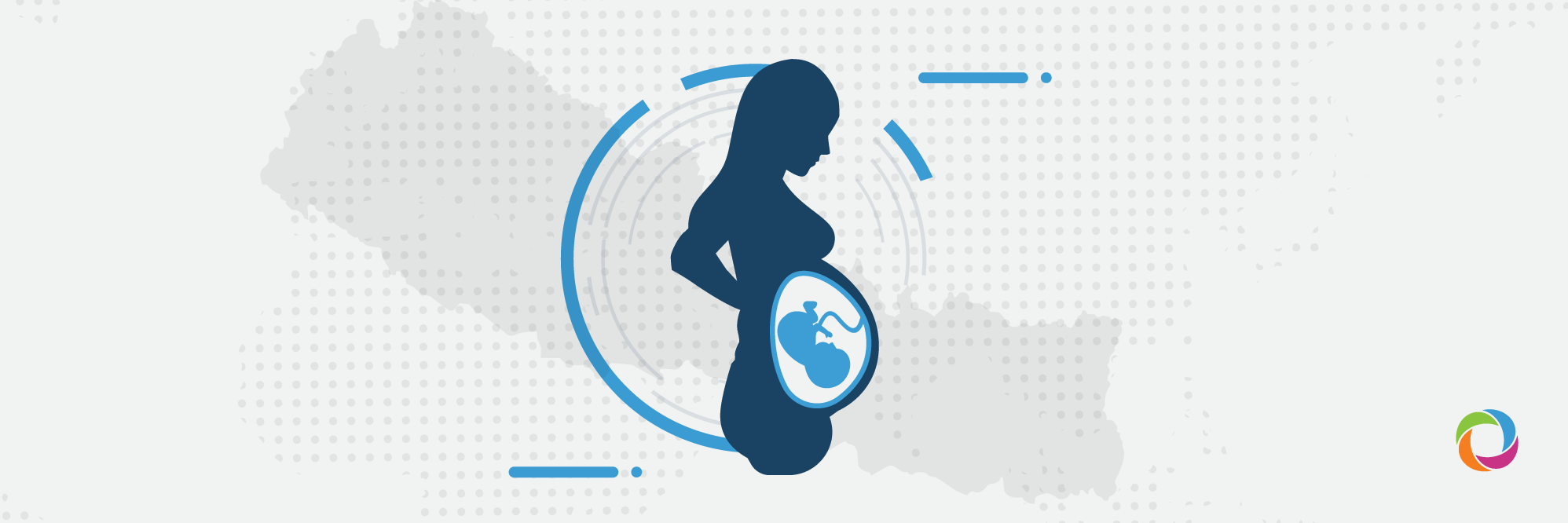Stating that a reduced incidence of birth defects will help to achieve the ‘Survive, Thrive, Transform’ agenda which is at the heart of the Global Strategy for Women’s, Children’s and Adolescents’ Health (2016-2030), today Dr. Poonam Khetrapal Singh, World Health Organization (WHO) Regional Director for South-East Asia, called upon countries including Nepal to increase early intervention services to reduce birth defects and mortality.
Issuing a statement on the occasion of World Birth Defects Day (WBDD) that falls on March 3, Dr. Singh said, “Member State efforts to maintain essential health services throughout the COVID-19 response have positioned them well to continue to make real progress across all areas of reproductive, maternal, newborn, child and adolescent health (RMNCAH), including on birth defects.” To prevent birth defects, countries can close the remaining immunization gaps for women and girls and increase access to quality antenatal care, she added.
The 11 Member States of WHO’s South-East Asia Region (SEAR) comprise Bangladesh, Bhutan, Democratic People’s Republic of Korea, India, Indonesia, Maldives, Myanmar, Nepal, Sri Lanka, Thailand, and Timor-Leste. These countries are said to have continued to spearhead global efforts to prevent, detect and treat birth defects.
- According to WHO, birth defects are structural anomalies that occur during intrauterine life, the most serious of which include heart defects, neural tube defects, and Down’s syndrome
- Globally, an estimated 8 million babies are born with a birth defect every year, of which around 300,000 die due to associated complications
- The SEAR accounts for an estimated 90,000 deaths associated with birth defects annually, or around 30% of the global total
- By December 2020, more than 3.5 million births from across SEAR had been reported to the WHO-supported SEAR newborn-birth defects database
- All countries have introduced rubella vaccinations for girls with an average 83% coverage
- Maldives and Sri Lanka have eliminated rubella and Bangladesh, Bhutan, Nepal, and Timor-Leste have controlled the occurrence of congenital rubella syndrome
- Several Member States provide fortified foods such as wheat flour with folic acid, vitamin B-12, and iron to prevent neural tube defects and anemia
- Continuing the expansion of hospital-based surveillance, all Member States are implementing national action plans to address birth defects
Observing that the SEAR’s progress has in recent years been strong in accelerating the reduction of maternal, newborn, and child mortality and the significant advances it has made across all areas of RMNCAH, Dr. Singh said, “Efforts to prevent, detect and treat birth defects will help all countries in the region to increase their contributions to the “triple billion” targets and help all countries reduce neonatal mortality to at least as low as 12 per 1000 live births by 2030 – the Sustainable Development Goal threshold.” The region’s momentum must continue to build, she added.
Stressing that everything possible should be done to reduce birth defect incidence and impact, and to achieve the targets and goals, Dr. Singh recommended three key approaches to addressing these issues:
- First, all pregnant women should be encouraged to avoid harmful products such as tobacco and alcohol through healthy lifestyle counseling
- Second, to detect birth defects, countries can increase access to screening technologies and services, including ultrasound and neonatal screening − both crucial to detecting major abnormalities, common metabolic disorders, heart defects, and other congenital disorders
- Third, to treat birth defects, countries can enhance the provision of early intervention services that help prevent physical, intellectual, visual, or auditory disabilities
Perceiving that there is no better time to join the WBDD movement, Dr. Singh remarked that WHO will continue to support all countries in the region to mobilize resources and their commitment to improve birth defects surveillance, research, prevention, and care.
WBDD acknowledges the collective voice calling for the raising of awareness of all types of birth defects and unites individuals and organizations working in the field.

